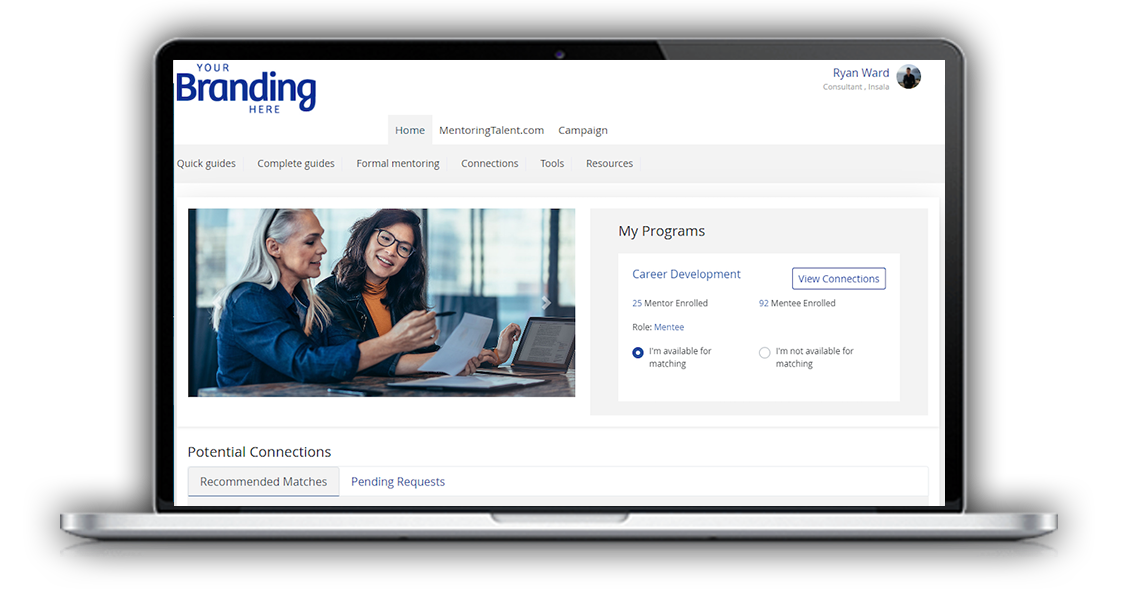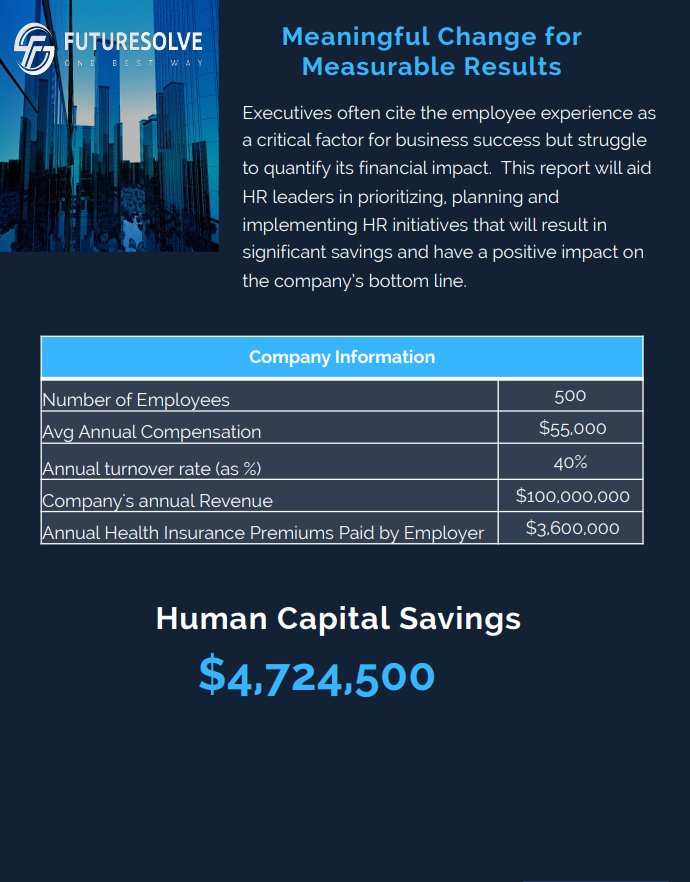In today’s dynamic business landscape, human capital is often considered the most valuable asset of an organization. As such, the role of a Chief People Officer (CPO) has never been more critical. CPOs are responsible for shaping the company’s culture, attracting and retaining top talent, and ensuring that employees are engaged and empowered. To support these leaders in their pivotal roles, organizations are increasingly turning to Chief People Officer Mentoring Programs. In this blog post, we will explore the importance and benefits of such programs and provide insights on how to establish one successfully.
Understanding the Role of a Chief People Officer
Before diving into the specifics of a mentoring program for CPOs, it’s essential to grasp the significance of this role. A Chief People Officer, also known as a Chief Human Resources Officer (CHRO) in some organizations, is responsible for overseeing all aspects of human capital management, including:
- Talent Acquisition and Recruitment: Identifying and attracting the right talent for the organization.
- Employee Development: Creating learning and development opportunities to enhance employees’ skills and knowledge.
- Performance Management: Implementing systems and processes to evaluate and improve employee performance.
- Employee Engagement: Fostering a positive work environment that motivates and retains employees.
- Diversity and Inclusion: Promoting diversity and ensuring an inclusive workplace.
- Organizational Culture: Shaping the company’s values, beliefs, and culture.
The Need for a CPO Mentoring Program
The CPO role is multifaceted and demanding, requiring a unique skill set that combines HR expertise with strategic leadership. Here’s why a CPO mentoring program is invaluable:
Empower participants and drive measurable results with our comprehensive mentoring solutions: consulting, training, and software.
1. Personalized Guidance
Mentoring offers CPOs the opportunity to receive personalized guidance from experienced mentors who have successfully navigated the challenges of the role. This guidance can accelerate their professional growth and help them avoid common pitfalls.
2. Continuous Learning
The HR landscape is constantly evolving with changing regulations, technological advancements, and shifting workforce dynamics. A mentoring program ensures that CPOs stay updated and adaptable in their strategies and approaches.
3. Leadership Development
CPOs play a pivotal leadership role within their organizations. Mentoring programs provide a platform for them to refine their leadership skills, including strategic thinking, communication, and decision-making.
4. Networking Opportunities
Mentoring programs often facilitate networking opportunities among CPOs, allowing them to share insights and best practices, thereby expanding their professional network.
Setting Up a CPO Mentoring Program
Establishing a successful Chief People Officer Mentoring Program involves several key steps:
1. Define Program Objectives
Clearly articulate the program’s goals and objectives. What are you aiming to achieve? Ensure alignment with the organization’s strategic priorities.
2. Identify Mentors
Select experienced and successful CPOs or HR executives within or outside the organization to serve as mentors. They should have a track record of effective leadership and the ability to provide meaningful guidance.
3. Recruit Participants
Identify CPOs within your organization who would benefit from mentoring. Consider the specific needs and career stages of potential mentees.
4. Develop a Curriculum
Create a structured curriculum that covers key topics relevant to the CPO role. Include sessions on HR trends, leadership skills, and case studies.
5. Facilitate Mentor-Mentee Pairing
Pair mentors and mentees based on their goals, interests, and compatibility. Encourage open communication and goal setting between mentors and mentees.
6. Implement Regular Meetings
Set a schedule for mentor-mentee meetings. These can be in-person, virtual, or a combination of both, depending on participants’ locations.
7. Evaluate and Adjust
Regularly assess the program’s effectiveness through feedback from mentors and mentees. Make necessary adjustments to improve the program over time.
8. Promote a Culture of Mentorship
Encourage a culture of mentorship within the organization by showcasing success stories and promoting the program to new CPOs.
Conclusion
A Chief People Officer Mentoring Program is an investment in the future success of both your HR leaders and your organization as a whole. By providing guidance, fostering continuous learning, and promoting leadership development, this program empowers CPOs to excel in their roles and contribute to the overall growth and well-being of the company. As organizations recognize the importance of their human capital, mentoring programs for CPOs will continue to play a vital role in nurturing excellence in people management.






























